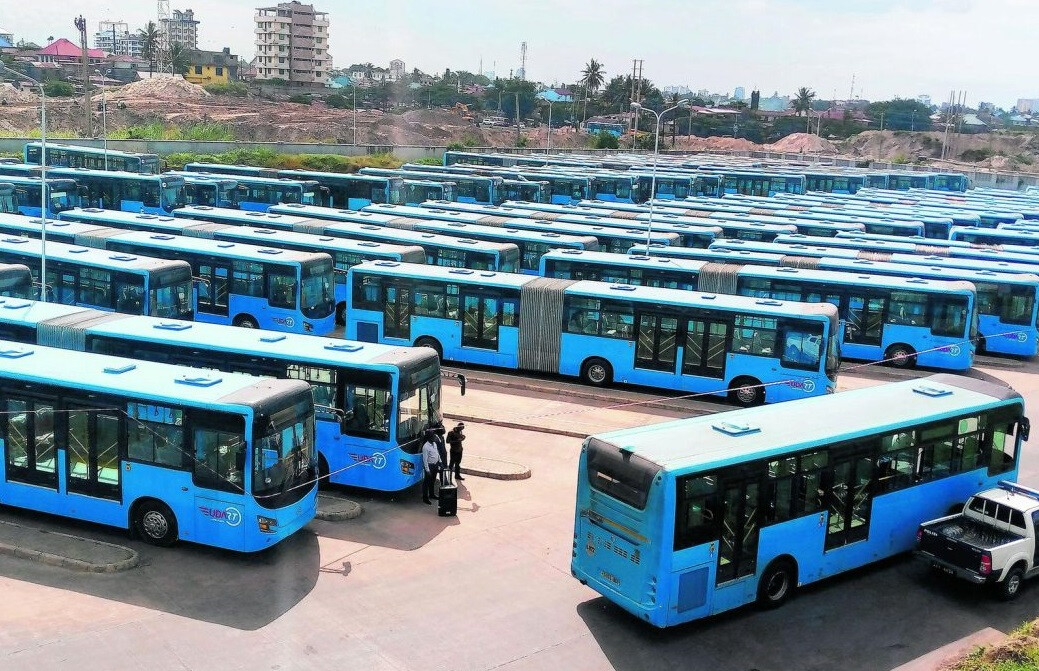
Dar es Salaam, Tanzania - The Dar es Salaam Rapid Transit (DART) agency has taken a significant step towards a greener and more cost-effective public transport system by introducing Compressed Natural Gas (CNG) to its fleet of 755 buses operating under BRT Phase II. This move has garnered widespread optimism from experts, who anticipate substantial economic and environmental benefits.
Analysts are particularly enthusiastic about the potential for CNG to dramatically reduce operational costs, slash carbon emissions, and enhance the efficiency of public transportation. DART has now invited qualified suppliers and investors to submit expressions of interest for the supply of CNG to fuel its entire fleet.
The selected supplier will be responsible for constructing and operating the necessary CNG refueling infrastructure, including both "mother" and "daughter" stations to ensure uninterrupted service. DART will oversee regulatory compliance, safety standards, and the overall operational effectiveness of the system.
Economic Benefits:
Reduced Operational Costs: CNG is significantly cheaper than traditional diesel, leading to substantial savings for DART and potentially lower fares for commuters.
Enhanced Economic Stability: By utilizing locally available CNG, the initiative reduces reliance on costly fuel imports, bolstering economic self-sufficiency and mitigating the impact of fluctuating global fuel prices.
Environmental Benefits:
Reduced Carbon Emissions: CNG produces significantly fewer harmful emissions than diesel, contributing to a cleaner environment and mitigating the impacts of climate change.
Improved Air Quality: By reducing diesel emissions, CNG will contribute to improved air quality in Dar es Salaam.
Public Support:
Commuters like Mr. Khalid Tagalile are optimistic about the potential for reduced fares, anticipating financial relief and a more affordable travel experience.
Government's Commitment:
This initiative aligns with the government's broader efforts to promote clean energy use and encourage the adoption of cleaner fuels across various sectors.
Conclusion:
The transition to CNG for DART's BRT Phase II represents a crucial step towards a more sustainable, eco-conscious, and economically empowered public transport system in Dar es Salaam. This move is expected to deliver significant economic and environmental benefits, benefiting both the city's residents and the broader economy.
[Copyright (c) Global Economic Times. All Rights Reserved.]






























